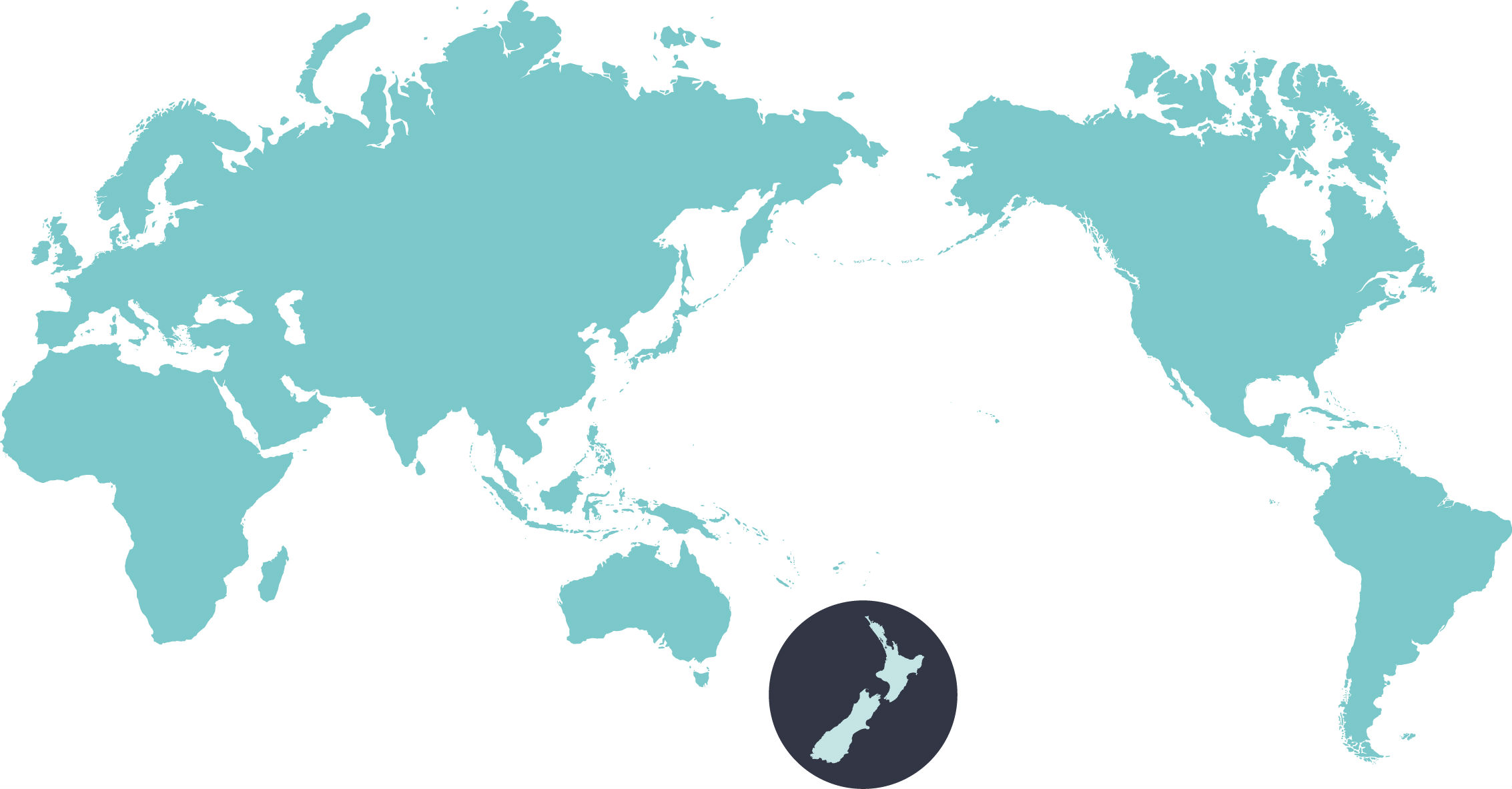19 July 2023 at 10:00 am
Around the world in five
Education news stories from our key partner countries around the world.

Asia
China urged to “go global” as NAFSA cohort returns
Chinese higher education institutions are encouraged to increase their global presence, as a significant number of Chinese universities attended the NAFSA conference in 2023. Despite geopolitical tensions, some American and European universities remain open to collaboration with Chinese institutions. Chinese HEIs are urged to diversify their portfolio and actively engage in international exchanges and cooperation.
North America
U.S. denied more than a third of student visa applications in FY2022
The USA denied 35% of student visa applications in 2022, resulting in an estimated $26.4 billion economic loss. Factors contributing to the increase include high demand, lack of non-immigrant intent, and a shift in source markets, with India surpassing China as the top source country.
South America
Brazil: Affordability will be key to unleashing demand for study abroad
The Brazilian economy is recovering, and there is a strong demand for study abroad among Brazilians. However, students and their families are facing financial challenges, making affordability a key factor in attracting Brazilian students. Scholarships, agent support, and work opportunities will be crucial in attracting Brazilian students in the coming years.
Europe
UK: operational shift in diversify drive mapped
90% of UK universities are diversifying international student recruitment, with changes in application processes, multiple rounds of applications, and the introduction of scholarships to adapt to the global market. Pre-CAS interviews, deposit requirements, and agent quality frameworks are proposed to maintain high recruitment standards and mitigate risks.
Africa
Collaboration aims to help make Africa’s youth an asset
African universities unite under the Education Collaborative to transform higher education, focusing on shared curricula, student exchanges, and joint research. The goal is to make Africa's youth an asset, benefiting at least one million students by 2030. The initiative promotes leadership collaboration, incentivizing staff innovation, and embraces a dynamic approach to sustainability for transformative change.


